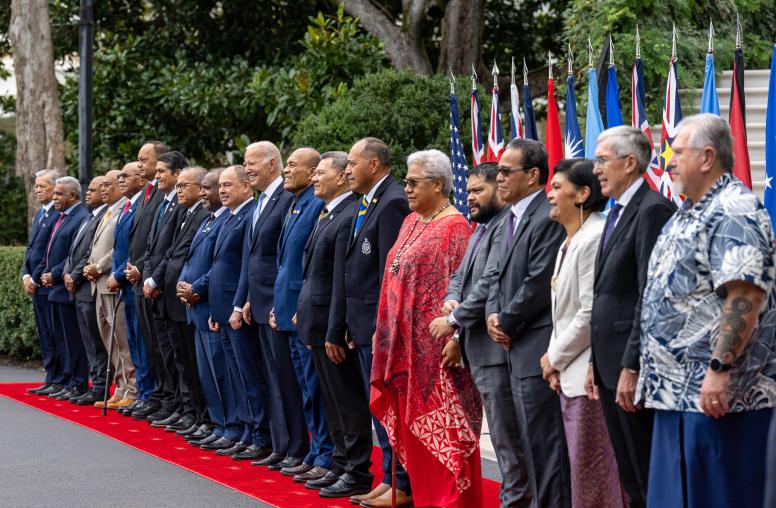The “Quad,” made up of the United States, Australia, India and Japan, began as an informal grouping for sharing strategic assessments of the Indo-Pacific region. But over time, the Quad has grown to include leader-level summits and a coordinated policy agenda for the region covering everything from COVID vaccine distribution to telecommunications regulations and climate change. Arzan Tarapore, a research scholar at Stanford University’s Asia-Pacific Research Center, discusses how the Quad has evolved, how non-Quad members in the region — such as ASEAN states — have reacted, and China’s concerns about what the Quad’s strategic vision means for its own approach to the region.



